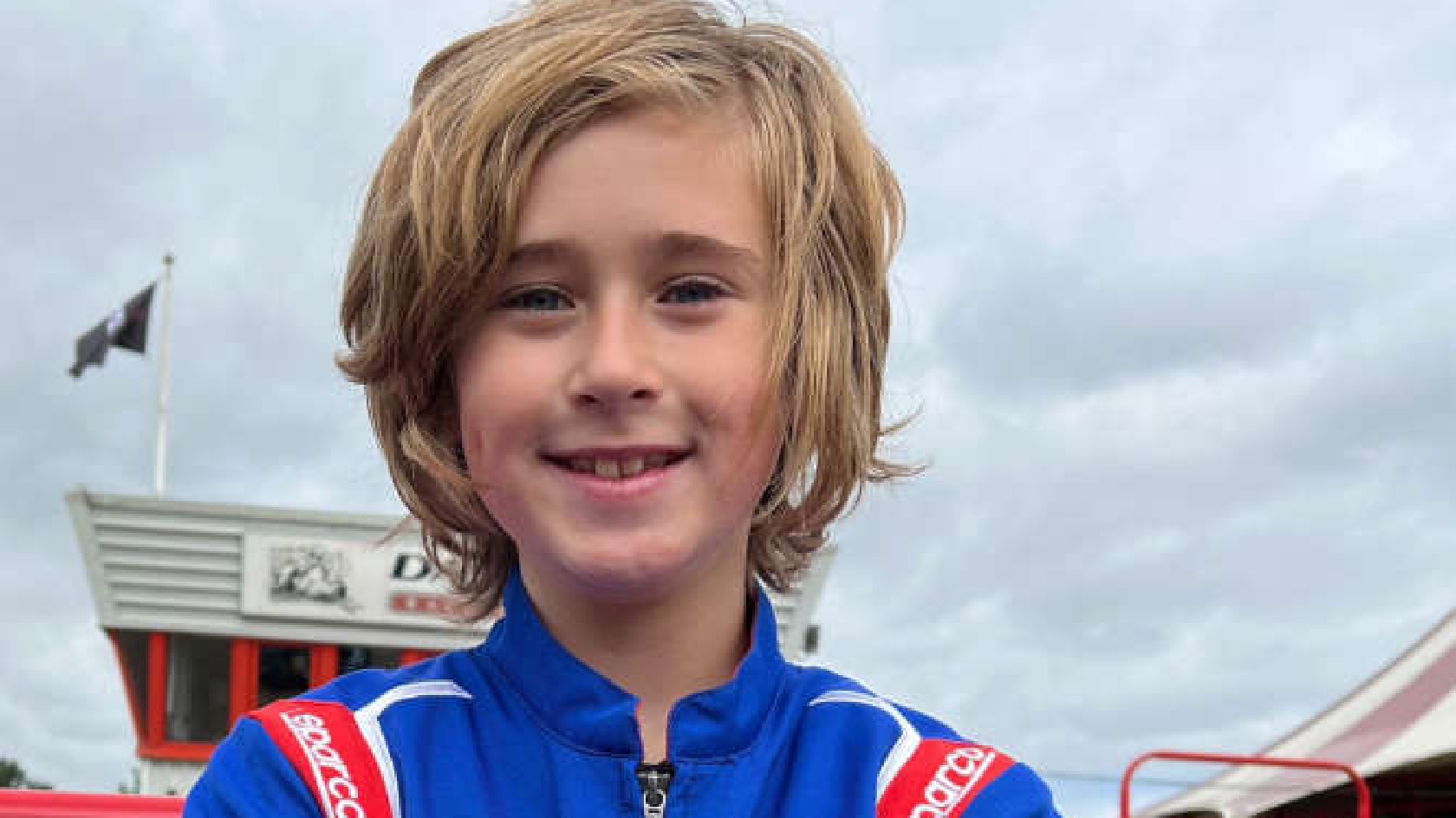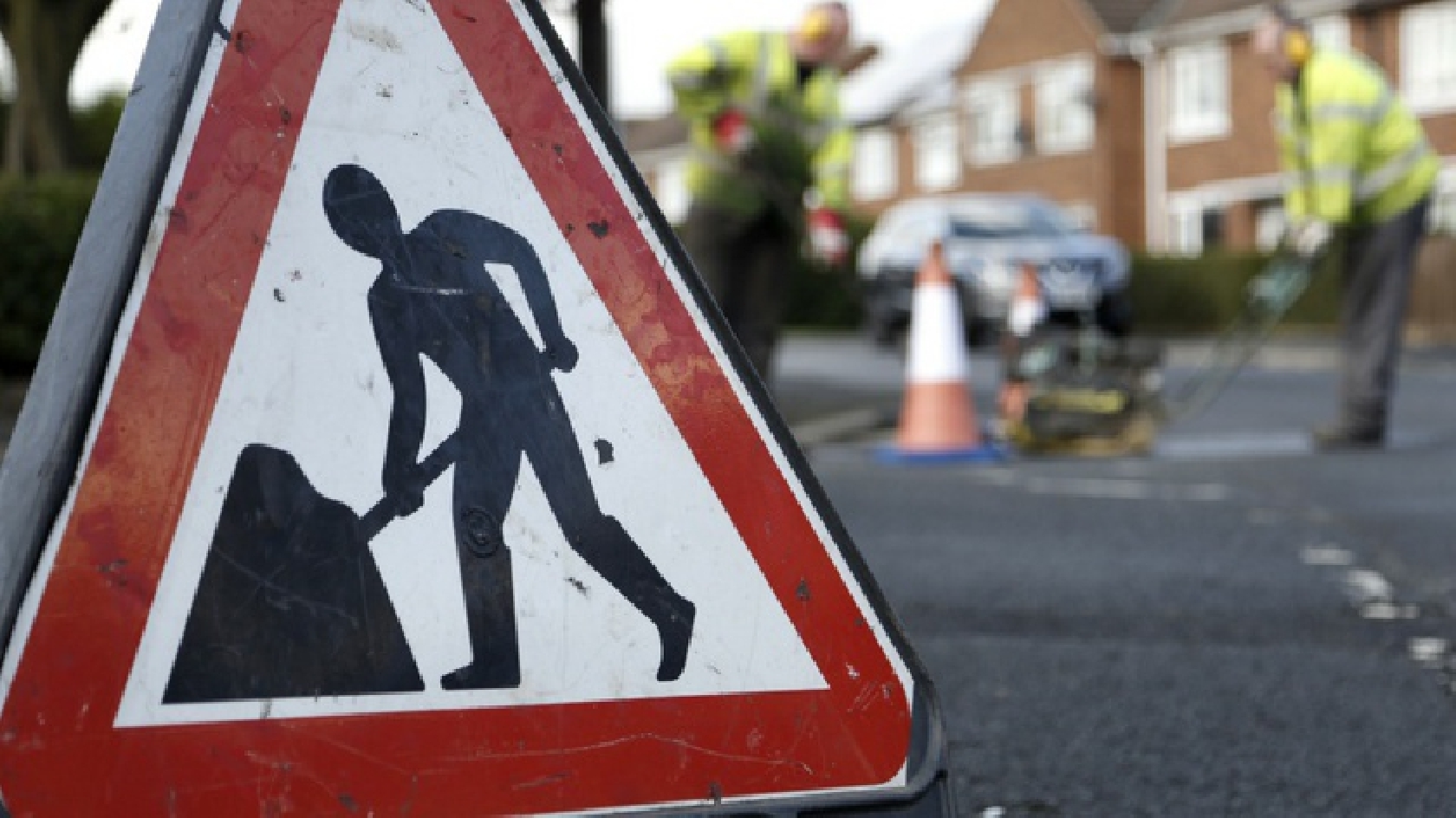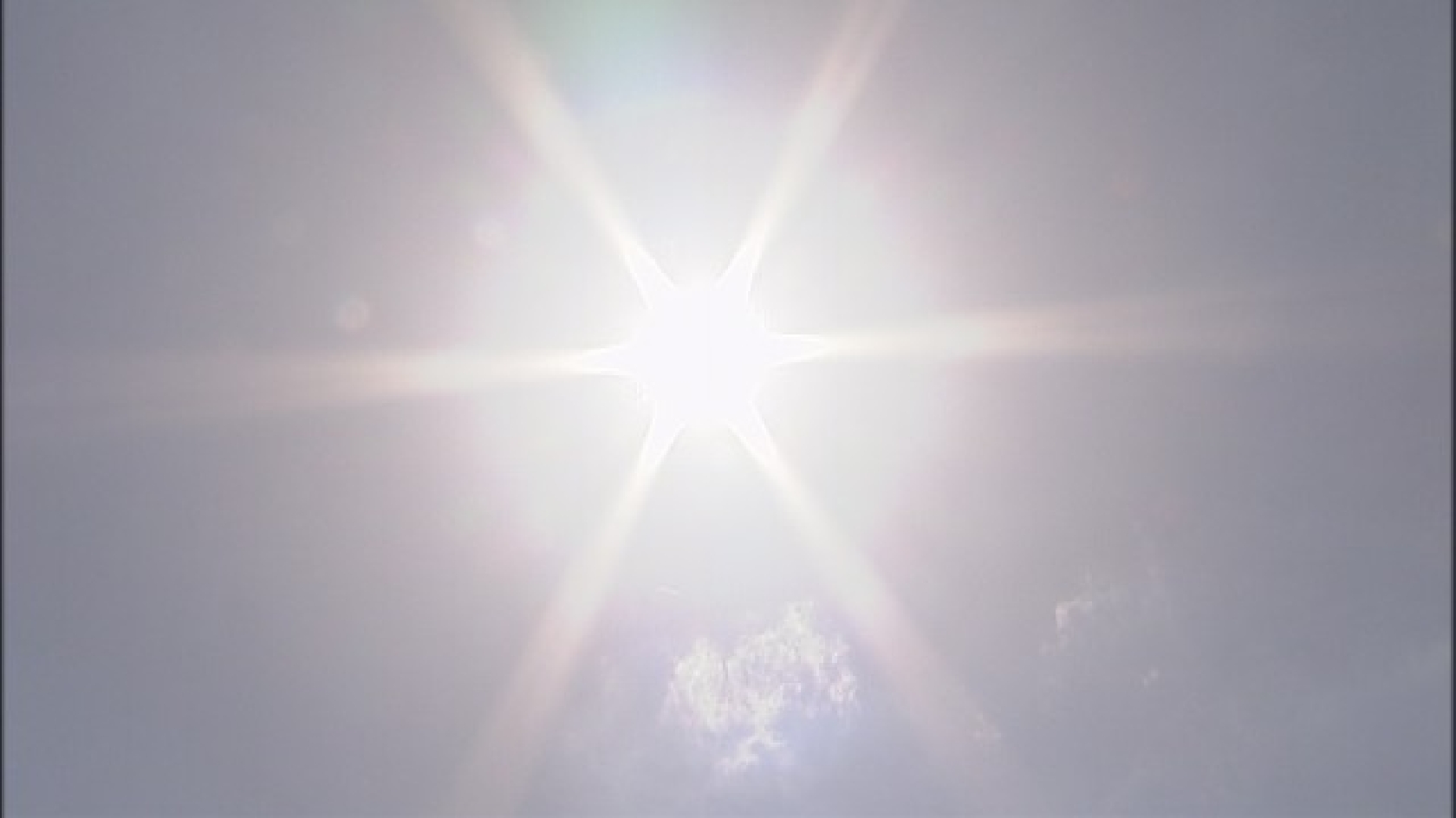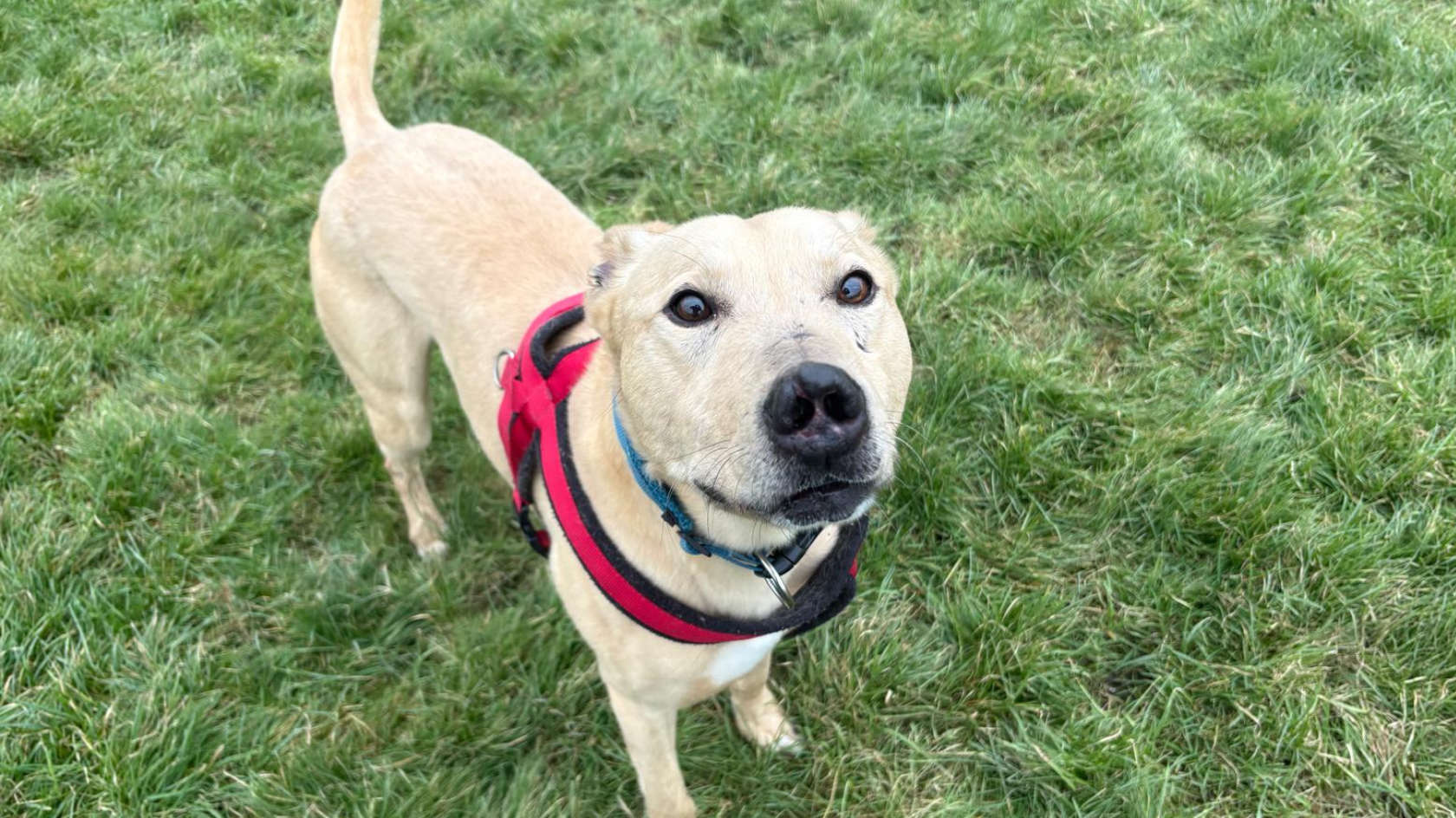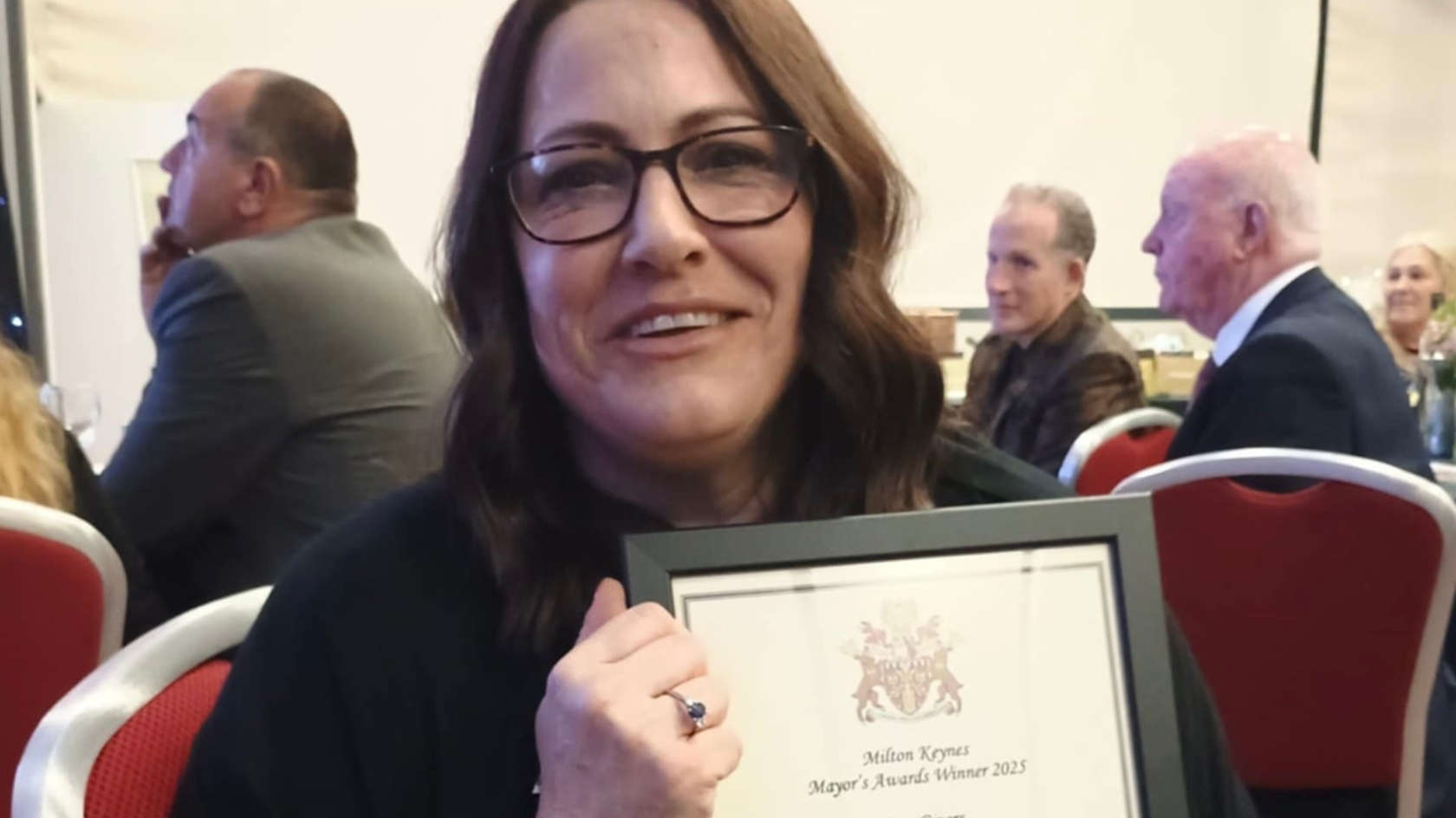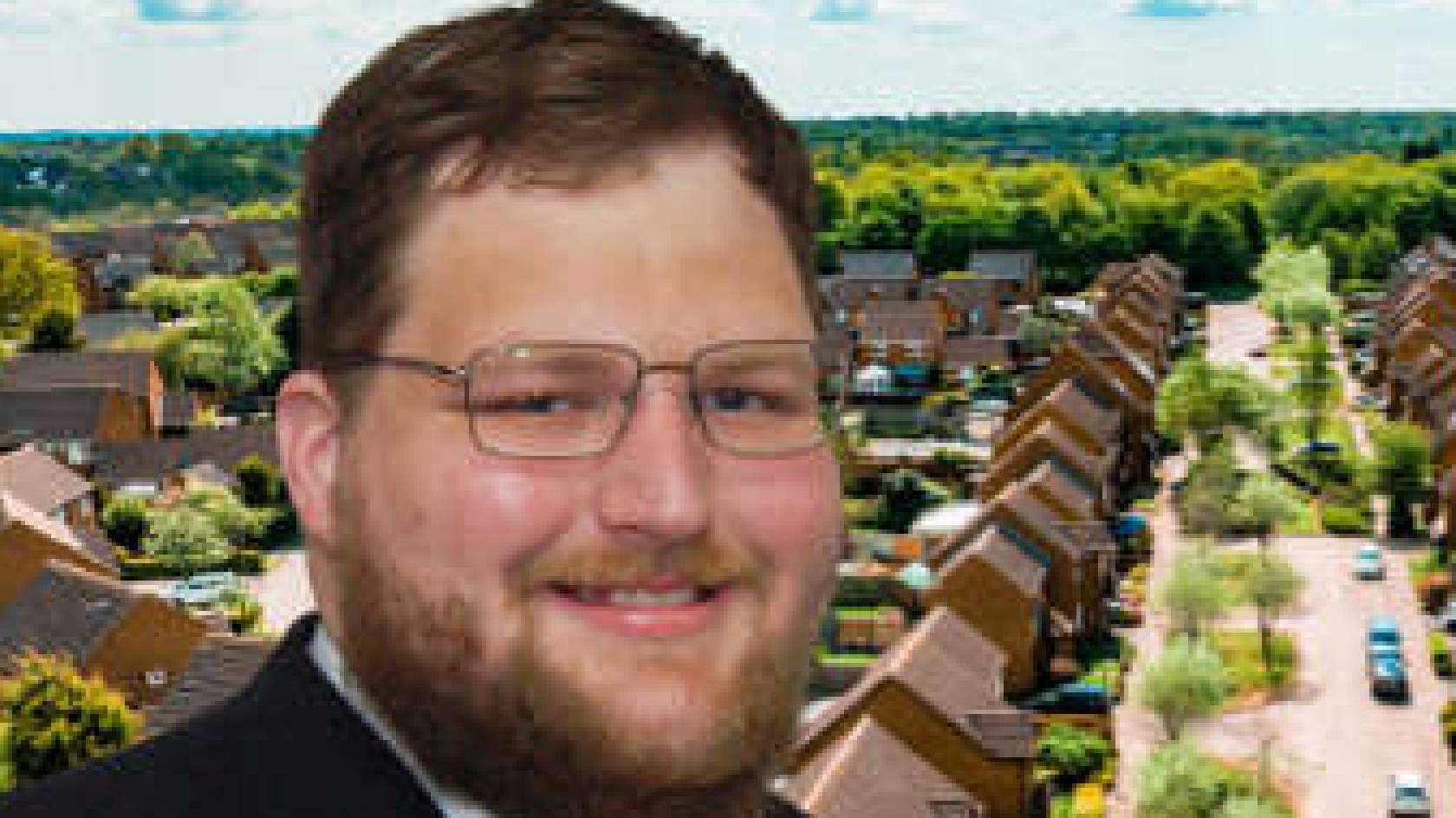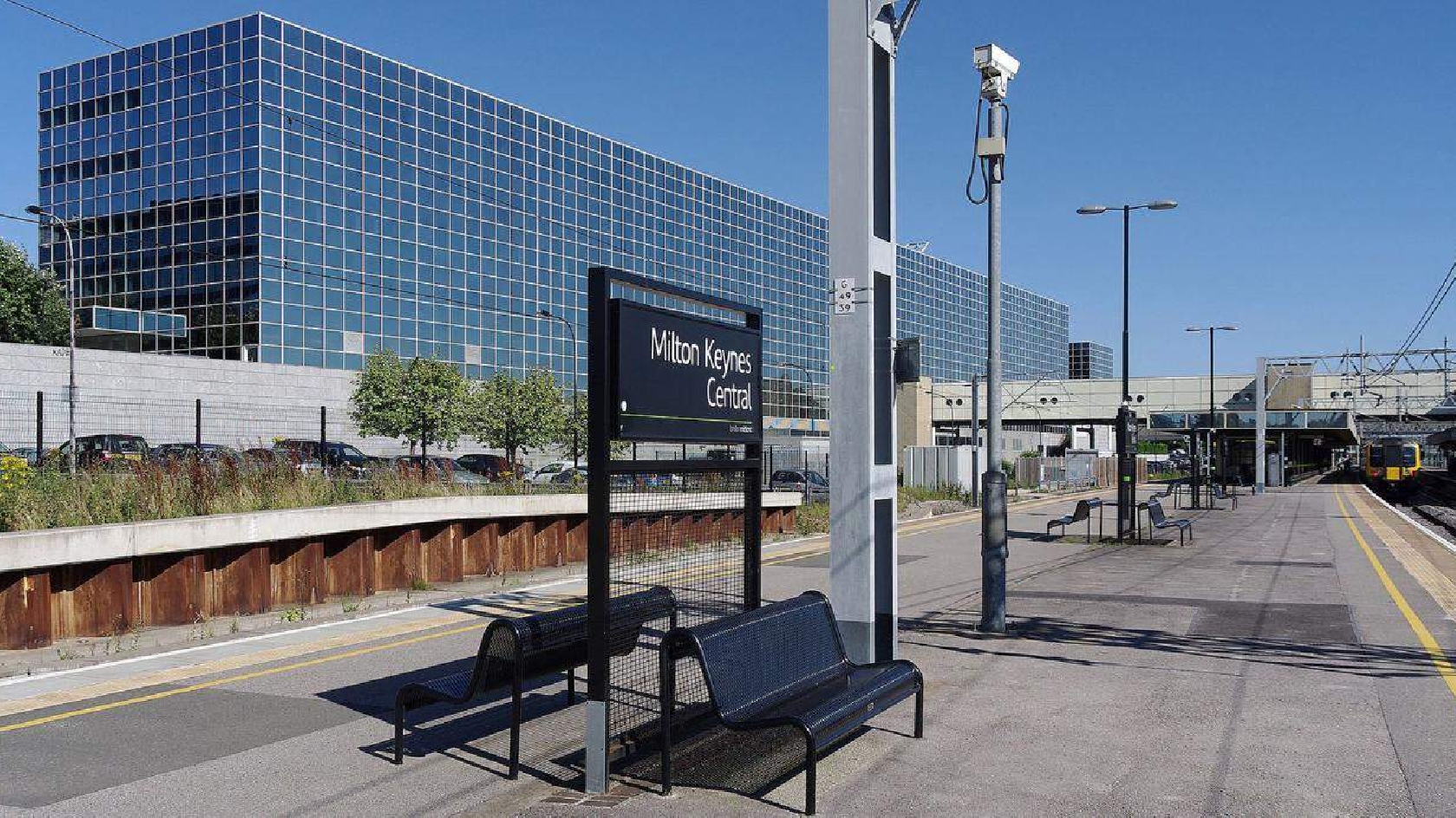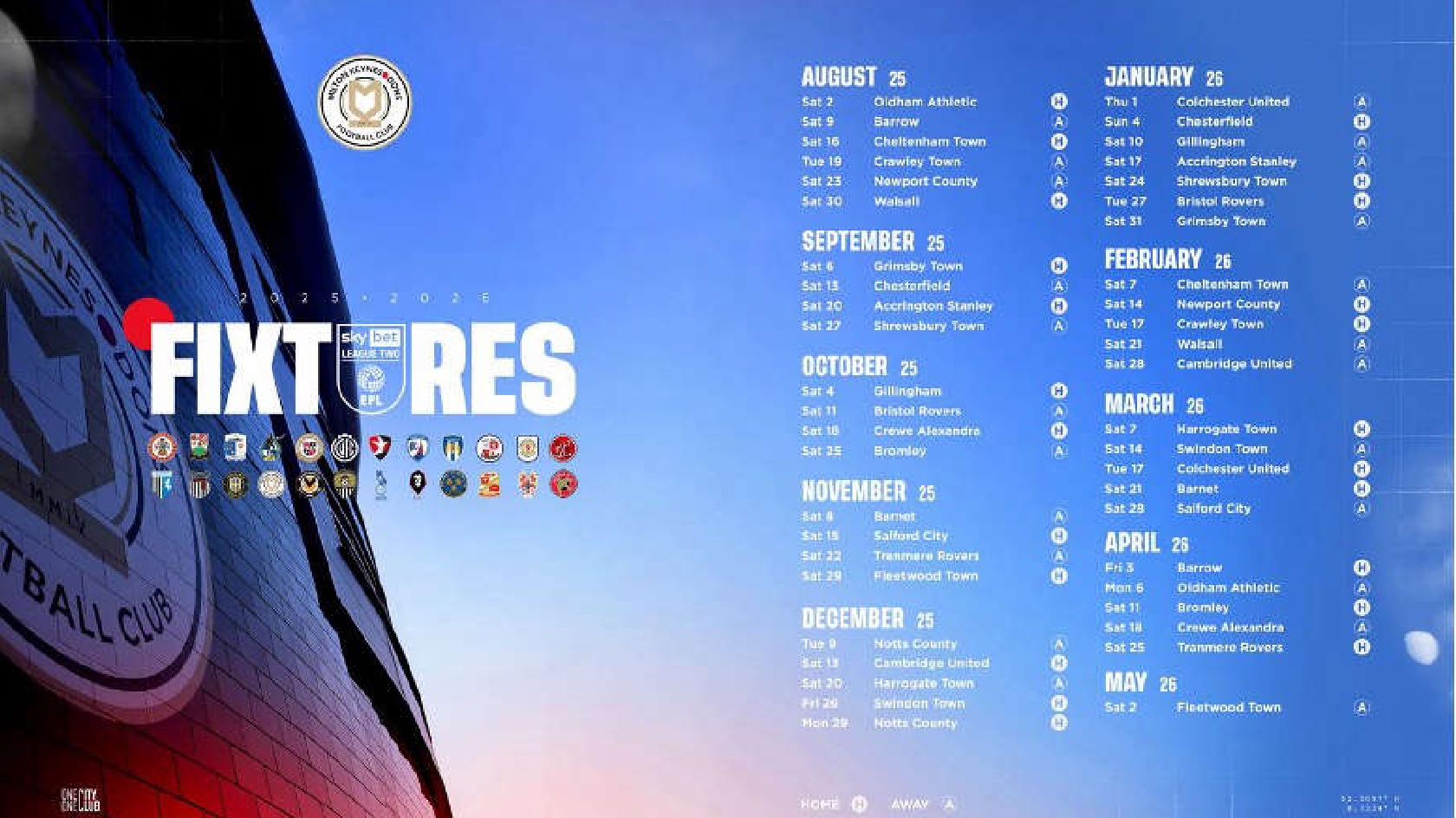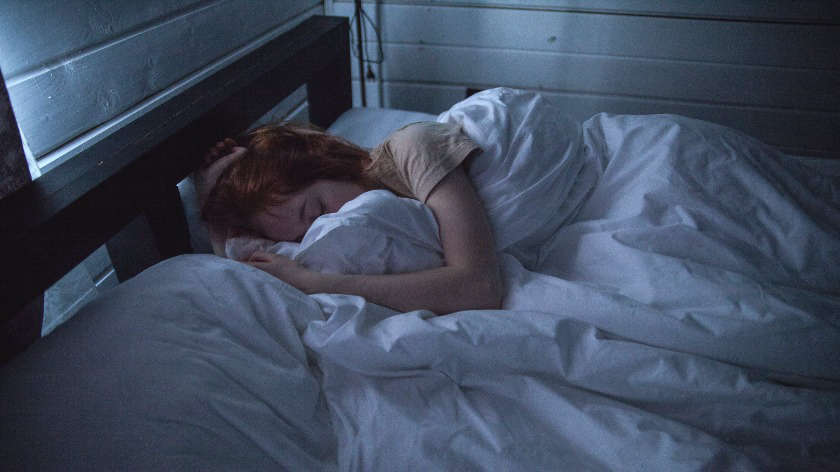
According to the NHS, if you're having sleep problems then there are simple steps you can take to ease those restless nights.
A spokesperson for the NHS described the problems many people face each night as they said: "We all have evenings when we find it hard to fall asleep or find ourselves waking up in the night. How we sleep and how much sleep we need is different for all of us and changes as we get older.
"Sleep problems usually sort themselves out within about a month. But longer stretches of bad sleep can start to affect our lives. It can cause extreme tiredness and make usually manageable tasks harder.
"If you regularly have problems sleeping, you may be experiencing insomnia. Insomnia can last for months or even years, but usually improves if you change your sleeping habits.
"Sleep problems are common, and the tips on this page should help. But if they have not worked, or you have had trouble sleeping for months and it affects your daily life in a way that makes it hard to cope, you could benefit from further support."
Getting good sleep is really important for your mental wellbeing. Visit #EveryMindMatters for useful tips on improving your sleep.https://t.co/AcLBQHuhEk pic.twitter.com/RMDS4zvEYU
— NHS BLMK Health and Care Partnership 💙 (@BLMKHealthCare) August 21, 2021
According to the NHS, here are some top tips to get to sleep and sleep better:
Keep regular sleep hours - Going to bed when you feel tired and getting up at roughly the same time helps teach your body to sleep better. Try to avoid napping where possible.
Create a restful environment - Dark, quiet and cool environments generally make it easier to fall asleep and stay asleep. Watch our video for tips on how to sleep better.
Move more, sleep better - Being active can help you sleep better. These videos can get you going, but remember to avoid vigorous activity near bedtime if it affects your sleep.
Confront sleeplessness - If you are lying awake unable to sleep, do not force it. Get up and do something relaxing for a bit, and return to bed when you feel sleepier.
Write down your worries - If you often lie awake worrying about tomorrow, set aside time before bed to make a list for the next day. This can help put your mind at rest.
Put down the pick-me-ups - Caffeine and alcohol can stop you from falling asleep and prevent deep sleep. Try to cut down on alcohol and avoid caffeine close to bedtime.
For more information on sleep problems, you can view the official NHS guidance on sleep problems in full by clicking here.


